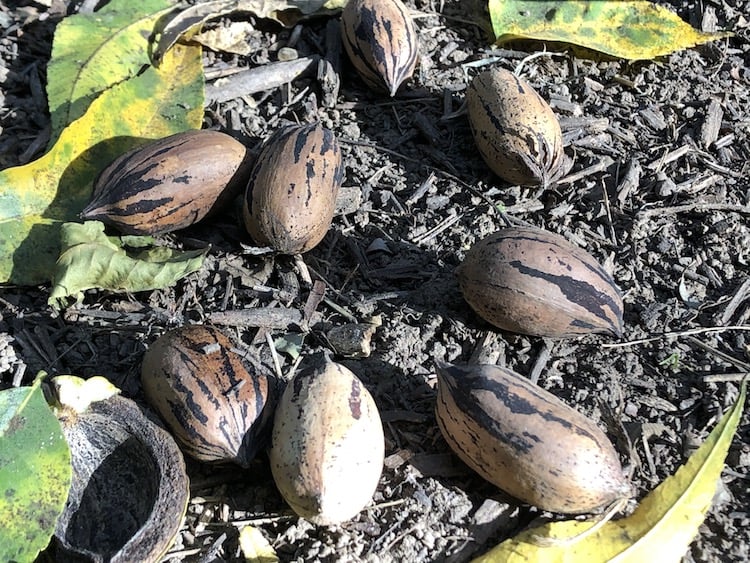
Farmers are stewards of the lands they own and manage. With Northern California pecan trees having such a long productive life of 60 years or more, it is important for farmers to be as environmentally friendly with their trees and lands as possible. Absolutely minimal spraying for pests is important to keep in focus, and it’s important that they stock their lands with beneficial insects like lady bugs lacewing and bees. It is also important for them to closely monitor fertilizer applications to prevent nitrates from entering the ground water that farmers pump from to irrigate the pecan trees and to drink.
Not only do pecan trees provide many benefits to the air and environment around them, they also provide rich habitat for many species of animals and birds.
With all the health benefits associated with having pecans in an everyday diet farmers strive to grow the most natural pecans (the Supernut) as mother nature allows. It’s important to use drip irrigation and to maintain cover crops between pecan trees and rather than burning, shred all the prunings for incorporation into the soils to offset some of the nutrients normally applied for the kind of yields farments are able to achieve in Northern California.
Most pecan and walnut farmers in Northern California are now spread across multiple generations as it should be, all now farming and processing pecans and walnuts together for the long haul, both for them, and for the Earth.
